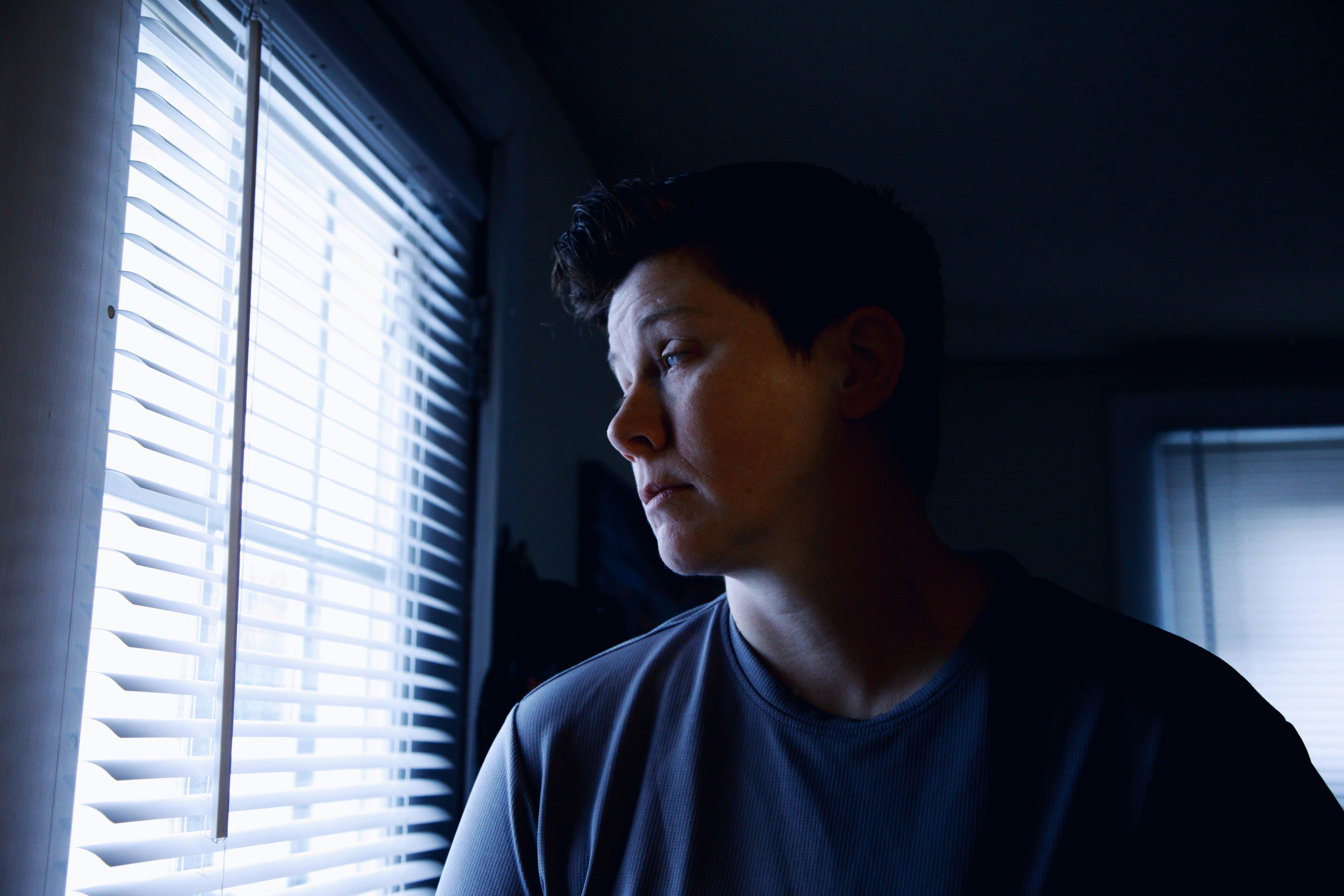It’s always hard to cope with death. And, it’s tougher if a loved one or family member was a victim of medical negligence. After all, you’d think you’re safest in the hands of a medical expert. However, even doctors with years of experience can slip up, whether the mistake is treating the wrong patient to anesthesia errors. A fatal medical error can occur during the most routine medical procedures. In fact, medical errors rank third among the top causes of death in the United States.
There’s no way to prepare for the grief that accompanies negligence. Not to mention how many other things you will have to deal with first. You will have to see if there are payments to make for any medical treatment that was done. You will need the medical records to get the death certificate. You may even need to call a viatical settlement company or insurance companies to find out about the status of your loved one’s life insurance policy. Once you have waded through all that, the grief can hit you out of nowhere. Everyone grieves in different ways, but here are a few helpful tips to help you cope with your loss.
Give Yourself Time
Remember that it can take time to learn how to cope. You will have good days and bad days when you go through a tragedy like this. In this situation, the death of your family member will seem particularly unfair. You could feel intense anger toward the medical professional. You could have trouble understanding why this tragedy took place.
Allow yourself space and time to grapple with these feelings. Don’t try to go back to your daily life until you feel like you’re ready. Symptoms of grief can manifest as physical illnesses, so make sure to take care of yourself. Try to take it easy and let your mind and body heal.
Minimize Any Triggers

After you’ve come to terms with your loss, you need to minimize any triggers. When it comes to tragedies due to medical negligence, the triggers can be hard to avoid. From an advertisement featuring cancer patients to a bill for medical expenses — you could be triggered by anything, big or small. Try to minimize exposure to anything that could trigger your grief until you learn how to cope.
Don’t revisit the medical mistake. Try not to research anything related to a victim of medical malpractice. During this stressful time, you need self-care. It won’t solve anything to play it out over and over again in your head. Instead, try to think of the good times you spent with your family member.
Strengthen Your Support System

It can be hard to minimize triggers alone. Here is where your support system comes in. You could find yourself unable to stop thinking about medical malpractice, or the health provider who made the medical mistake. A support system can help you talk about the loss of your family member.
Although you will still miss your loved one, you can learn how to cope without them. Ask for support when you need it. You should even get professional help if you think you need it. Once the triggers no longer bother you, you can begin to consider a medical malpractice case.
Look for Closure

Closure can help you cope with grief. It is especially true if your loved one died as the result of medical malpractice or due to medical negligence. You can file a medical malpractice claim to hold the medical professional accountable. You also have a legal right to receive damages for the tragedy.
Good medical malpractice attorneys can help you get proper compensation. Of course, no amount of money can ease the grief caused by the loss of a family member. However, it could help pay for the funeral, any medical bills, and give you financial assistance for other damages. Make sure you search for an excellent medical malpractice lawyer to get the most out of your claim with the least hassle.
Keep Yourself Busy

After your medical malpractice lawsuit, try to put the situation out of your mind. It’s essential to keep yourself busy until you can come to terms with everything. Make sure you have paid the medical bills, discussed the life insurance policy, and seen to the will.
If you still can’t go back to regular life, don’t worry. Find another way to stay busy. Start to put your affairs in order. Some find it therapeutic to ensure the wellbeing of family members in the event of an emergency. Call your insurance company to find out about your health coverage. Get legal help with your life insurance policy. Write your will and send it to your attorney. You can even contact a viatical settlement company like American Life Fund to ensure you can take care of your end-of-life expenses when the time comes.
However you choose to grieve, remember that it takes time to heal.

